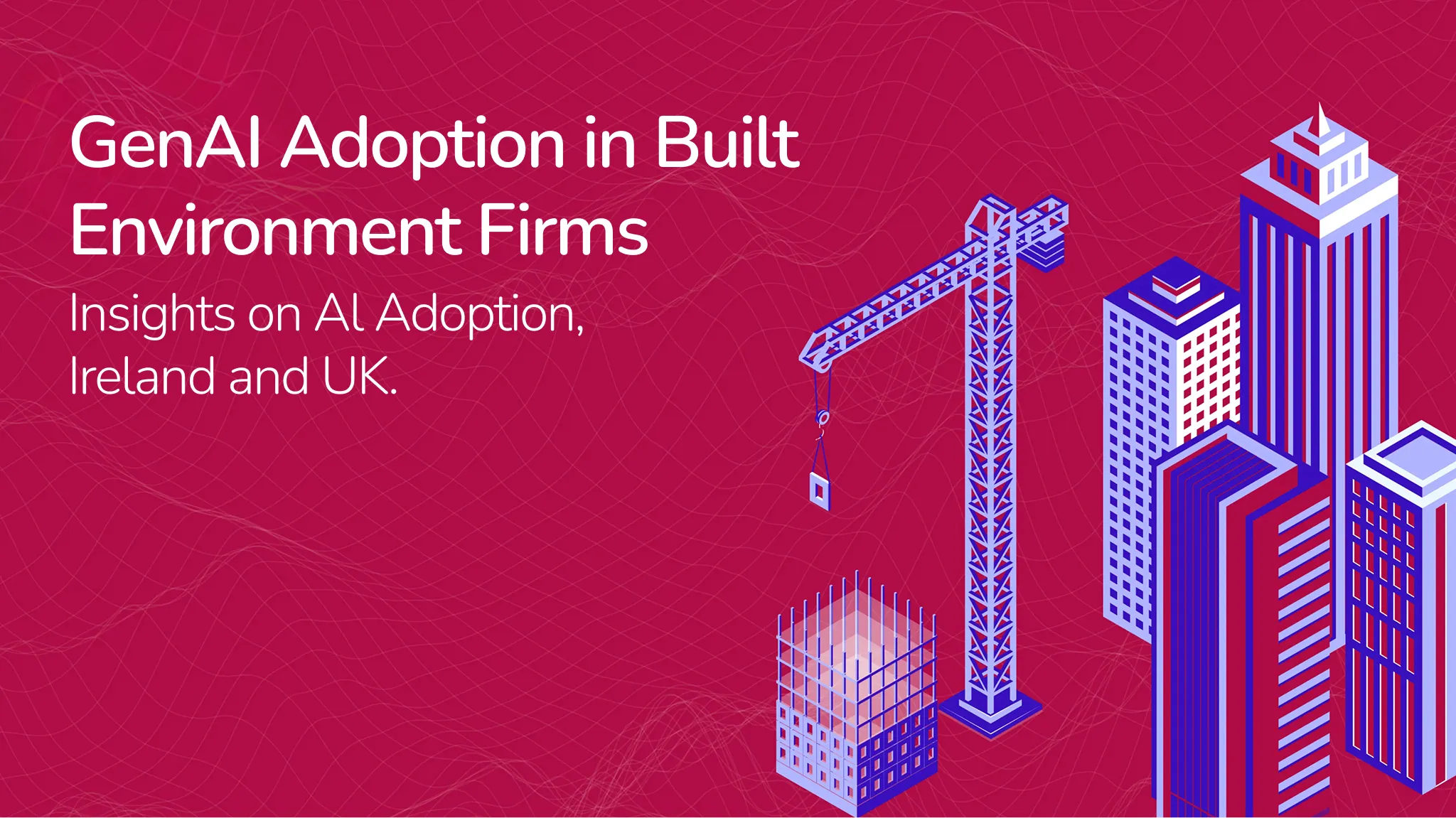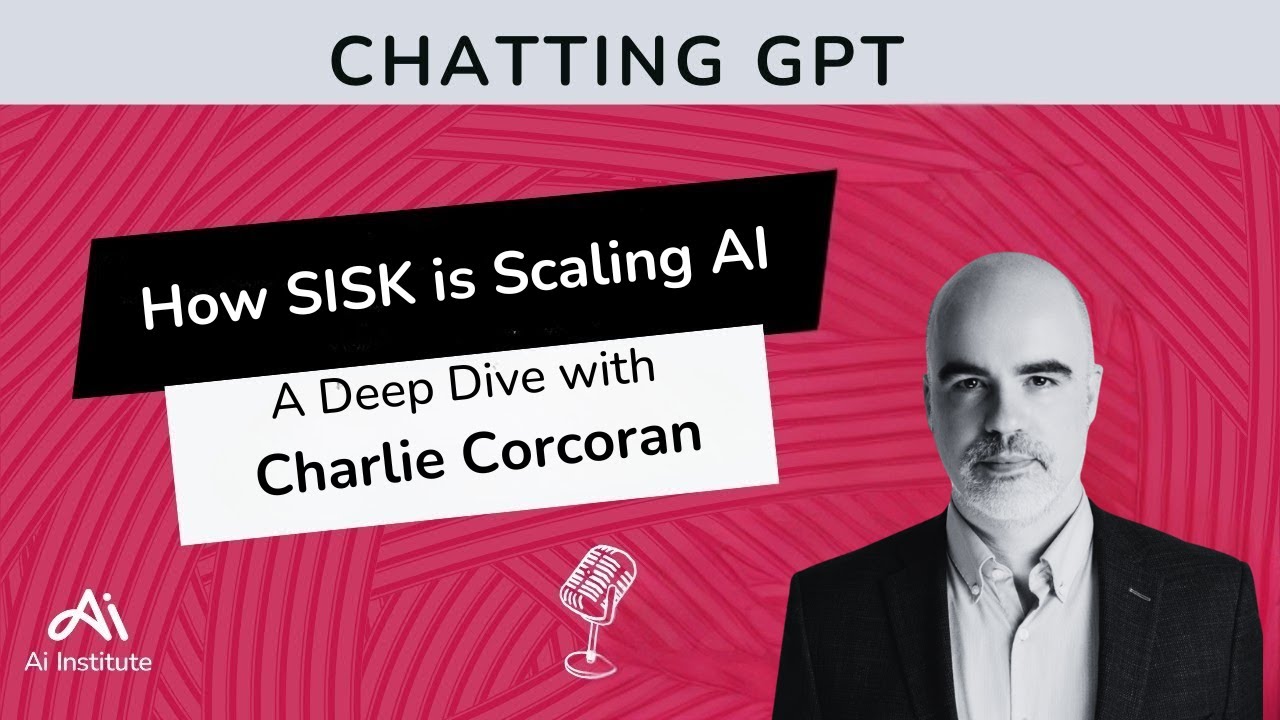Millennials in the Workplace: Why HR’s Next Winning Move is AI Training

Millennials in the Workplace: Why HR's Next Winning Move is AI Training
The workplace has fundamentally shifted, and the numbers tell a compelling story. Walk into any office today and you'll encounter a generation that's not just participating in work transformation, they're leading it. Millennials, now aged 29–44, have moved beyond entry-level roles to become decision-makers, team leaders, and innovation drivers.
For HR professionals navigating an increasingly competitive talent landscape, understanding this generation isn't just important, it's business-critical. But here's what might surprise you: despite their reputation as digital natives, Millennials aren't automatically AI experts. And while competitive salaries matter, they won't guarantee loyalty. The real strategic opportunity lies in something far more forward-thinking: comprehensive AI training programs.
Millennials Are Now the Core Workforce
The statistics are impossible to ignore. Millennials currently represent 35–36% of the US workforce according to the Bureau of Labor Statistics, officially making them the largest employed generation in American history. This isn't a temporary trend, it's the new reality of business.
The global picture is even more dramatic. The World Economic Forum projects that when combined with Gen Z, these generations will account for 75% of the workforce by 2025. Looking further ahead, McKinsey & Company forecasts that by 2034, Millennials, Gen Z, and emerging Gen Alpha workers will represent a staggering 80% of workers in developed economies.
What does this mean for HR strategy? Simply put, any workforce approach that fails to prioritize these generations is destined to fail. Organisations that continue operating with outdated assumptions about employee motivations and expectations risk alienating the very talent driving innovation, growth, and competitive advantage.
What Really Motivates Millennials (It's More Than Money)
Debunking the "digital narrative" myth
Here's where many HR assumptions about Millennials become problematic for strategic planning. Being comfortable with consumer technology doesn't automatically translate to enterprise AI proficiency – a distinction that's crucial for workforce development.
The reality reveals fascinating contradictions. Salesforce's 2025 Generative AI in the Workplace Report shows that 52% of Millennials use generative AI tools regularly, representing higher adoption rates than any other generation. Their engagement is substantial, with many integrating these tools into daily workflows.
However, PwC's research uncovers a critical gap: while 70% experiment with tools like ChatGPT and other AI applications, this usage typically occurs without structured integration into professional workflows or enterprise systems. The adoption is happening organically, often in shadow IT environments that lack proper governance or strategic alignment.
Even more revealing, nearly half of Millennial workers express genuine concerns that AI advancement may threaten their job security, despite their relatively high usage rates.
This paradox reveals the opportunity: Millennials demonstrate high AI adoption rates but lack enterprise-level fluency and confidence. This gap represents exactly where strategic HR intervention can create competitive advantage.
Why AI Training Is HR's Competitive Advantage
Artificial intelligence isn't just changing individual tasks, it's fundamentally reshaping career trajectories across industries. PwC's economic modeling forecasts the emergence of 170 million new AI-driven jobs by 2030, representing entirely new categories of work that don't exist today.
Workers themselves recognise this transformation is accelerating. Salesforce research indicates that 77% of Millennials expect AI to significantly transform their current role within the next 12 months – a timeline that demands immediate strategic response.
Here's why comprehensive AI training programs represent HR's most powerful competitive advantage:
Attract Growth-Minded Talent
The talent market is already responding to AI skill demands. LinkedIn Learning reports that AI upskilling-related job searches surged by 240% in early 2025, indicating unprecedented candidate interest in AI-enabled career development. Meanwhile, Deloitte's research confirms that 78% of Millennials actively prioritize roles that emphasize skill-building and professional growth.
Organisations offering structured AI training don't just fill positions, they attract the most forward-thinking, growth-oriented candidates in the market.
Transform Shadow AI into Strategic Assets
PwC's findings show that 75% of younger workers are already engaging in self-directed AI learning, often using tools and platforms without formal organisational oversight. Rather than viewing this as a compliance risk, strategic HR leaders can channel this existing enthusiasm into structured, enterprise-aligned training programs.
This approach transforms potentially problematic shadow IT usage into valuable organisational capabilities while demonstrating trust in employee initiative and learning.
Bridge the Confidence Gap
Structured AI programs address the disconnect between adoption and proficiency. By providing formal training frameworks, organisations help employees move beyond experimental usage toward productive, confident application of AI tools in their professional roles.
This confidence-building directly addresses the job displacement fears that nearly half of Millennials express, transforming anxiety into competitive advantage.
Boost Retention Through Relevance
LinkedIn Learning's data shows that employer-led training programs achieve an impressive 83% satisfaction rate among participants. When applied specifically to AI skills development, these programs create powerful retention effects by directly aligning with Millennial values around growth, learning, and career advancement.
The retention impact goes beyond satisfaction metrics, it demonstrates organisational investment in employee futures during a period of rapid technological change.
Action Plan for HR Leaders
- It has become a strategic differentiator for recruitment, retention, and organisational competitiveness.
- Introduce flexible, video-led AI learning modules as core components of professional development programs.
- Recognise that Millennials prefer self-paced, accessible learning formats that integrate with their existing schedules and responsibilities.
- Ensure employees feel guided and supported rather than abandoned to navigate complex technological changes independently.
- This addresses the 74–77% of Millennials who prioritise mentorship as a key retention factor.
- Include AI policies, compliance standards, and ethical guidelines.
- Demonstrate responsible organisational AI adoption while providing clear usage boundaries for employees.
- Explicitly address displacement fears by showing how AI proficiency creates new opportunities rather than eliminating existing roles.
- This forward-looking approach transforms anxiety into excitement about professional possibilities.
- In a marketplace where 75% of the workforce will soon prioritise learning and growth opportunities, organisations that act decisively on AI training will secure access to tomorrow's most valuable talent.
The Bottom Line: AI Training as Competitive Strategy
The question facing HR leaders isn't whether AI training is necessary, it's whether your organisation will implement comprehensive AI literacy programmes before competitors gain the advantage.
Millennials have been clear about their priorities: meaningful growth opportunities, work-life balance, and professional development that prepares them for future success. By investing in strategic AI training now, HR leaders can simultaneously win the ongoing war for talent, boost retention rates, and future-proof their organisations for an AI-driven economy.
The Millennials driving your business forward aren't just waiting for your response, they're actively evaluating whether your organisation deserves their continued loyalty. What's your AI training strategy going to tell them?
Ready to future-proof your workforce? Sign up for our AI Training Programs and give your teams the skills that drive loyalty and growth.
Key Takeaways
- Millennials are now the largest workforce segment and their loyalty depends on more than pay - they value balance, growth, mentorship, and career mobility.
- AI adoption is high but uneven - while 52% use generative AI tools, most lack structured training and nearly half worry about job security.
- AI training is HR’s competitive edge - it attracts growth-minded talent, transforms shadow AI into business value, builds confidence, and boosts retention.
- The takeaway: Organisations that act decisively on AI training today will secure Millennial loyalty, win top talent, and future-proof their workforce.
References
Bureau of Labor Statistics. (2025). Labor Force Statistics from the Current Population Survey. U.S. Department of Labor.
World Economic Forum. (2025). The Future of Jobs Report 2025.
McKinsey & Company. (2024). The Future of Work: Millennials, Gen Z, and Gen Alpha in 2034.
Deloitte. (2025). 2025 Gen Z and Millennial Survey.
LinkedIn Learning. (2025). 2025 Workplace Learning Report.
Salesforce. (2025). Generative AI in the Workplace Report.
PwC. (2025). AI and the Workforce: Opportunities and Challenges.
PwC. (2024). Global Workforce Hopes and Fears Survey.





.webp)

.webp)